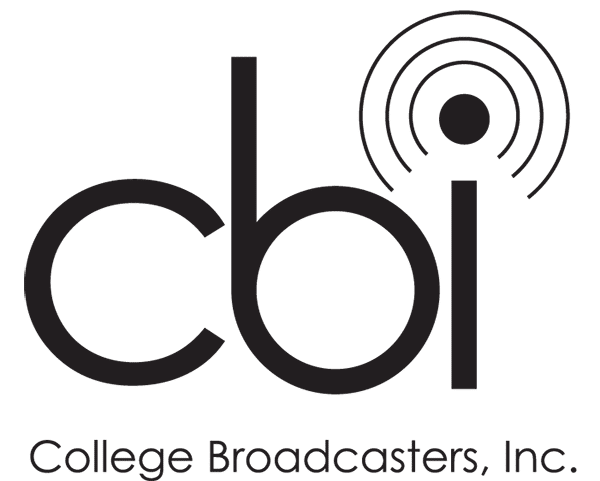August 13, 2014
Board Blog: 10 Things I’ve Learned in 10 Years

[fusion_builder_container hundred_percent=”yes” overflow=”visible”][fusion_builder_row][fusion_builder_column type=”1_1″ background_position=”left top” background_color=”” border_size=”” border_color=”” border_style=”solid” spacing=”yes” background_image=”” background_repeat=”no-repeat” padding=”” margin_top=”0px” margin_bottom=”0px” class=”” id=”” animation_type=”” animation_speed=”0.3″ animation_direction=”left” hide_on_mobile=”no” center_content=”no” min_height=”none”]

Greg Weston, CBI President
This year marks the 10th anniversary of my transition from commercial radio into student media advising. Here are 10 of the many, many things I’ve learned during that time. Keeping them in mind might help you as you prepare for the start of another year.
1. The only constant is change. In student media, you’re dealing with a new group of students every year, if not every semester. And even the ones who stick around change so much (hopefully for the better) over the time you have them. If you assume that past performance guarantees future results, you’re in for a rude awakening.
2. College students are kids. I’ve had psychologists tell me that today’s 20-year-old is, developmentally, an adolescent. So many of them have never been allowed to fail, which makes them reluctant to take risks that might lead to failure. Part of our job is to get them to push themselves and then help them see that failure is not a terminal disease but a necessary step to success.
3. College students are adults. In many ways, they are extremely sophisticated. They want to be treated as equals. They don’t always respect authority (yours, the administration’s, the FCC’s). I’ve found that the best way to get them to produce is to treat them as partners — set standards and expectations and then step back and let them work. Sure, sometimes they let me down, but that’s all part of their development (and mine).
4. Nobody at your institution understands what you do. Going from commercial radio, surrounded by other career radio professionals, to being the sole expert on a campus of 30,000 students, faculty, and staff was a big adjustment, to say the least. Suddenly, I was expected to have the answers to questions ranging from technology to ethics to law. That leads me to my next point … .
5. Professional organizations are vital. Groups like CBI are so important because our roles are so multi-faceted. If you’re facing a challenge, there’s probably someone out there who has already worked their way through it. Why re-invent the wheel? Post a question to the listservs, or approach a CBI board member, and you’ll probably get some great feedback.
6. You need allies. Having worked for some of the world’s largest media corporations, I thought I knew what bureaucracy was. I was wrong. Student media outlets don’t fit into the neat bureaucratic categories universities use. Developing the right allies — people who can cut through the red tape, explain why you need exceptions to the rules, and have your back when you don’t follow standard operating procedure — can be a life-saver. Or at least a job-saver.
7. Assessment is essential. The days of flying under the radar are over. If you’re not under pressure to show that your station is achieving its mission, you will be soon. Develop measurable goals and ways to calculate them before someone else does it for you.
8. Awards really matter. All the assessment data in the world probably means less to your administration than a prestigious award. The positive PR the university gets from your station’s awards is great capital for you – capital you’ll surely need somewhere down the line.
9. The students really care. They can act like disaffected hipsters all they want. At the end of the day, the students will like and respect you forever if you make them believe you have their best interests at heart. How do you make them believe you have their best interests at heart? By always having their best interests at heart.
10. This is the best job in the world. Sure, there are a lot of challenges. But I wouldn’t trade what I do for anything. And, on the days when I begin to doubt that, I think about all the times my former colleagues in professional media ask me for advice on how to break into student media advising.[/fusion_builder_column][/fusion_builder_row][/fusion_builder_container]





